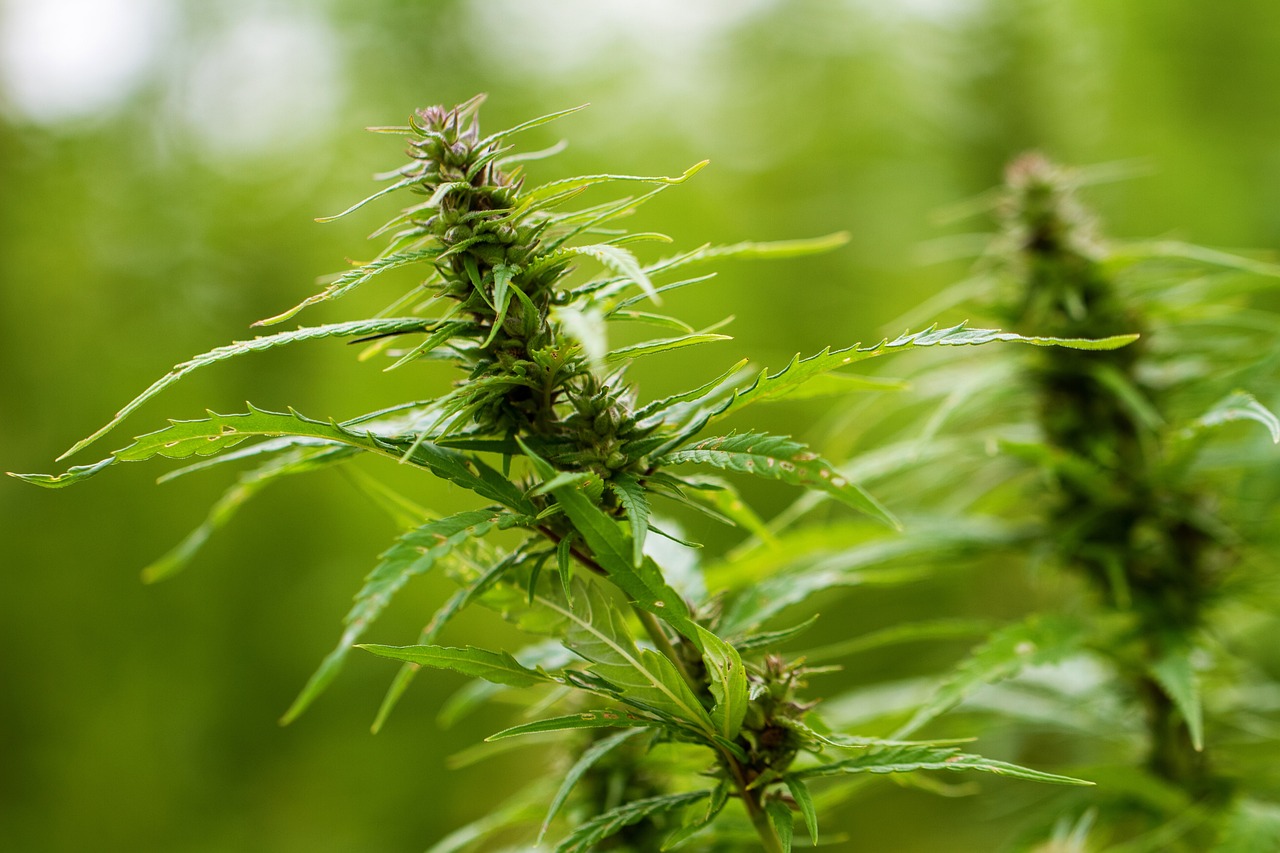Elevate Your Senses with THCA Flower
In recent years, the cannabis industry has seen a surge in interest surrounding various cannabinoids, each offering unique benefits and experiences. Among these, THCA (tetrahydrocannabinolic acid) has emerged as a fascinating compound, particularly in its raw form as THCA flower. This article explores the sensory elevation provided by THCA flower, its potential benefits, and its growing popularity.
Understanding THCA: The Basics
THCA is a non-psychoactive cannabinoid found in raw and live cannabis. Unlike THC, which is known for its psychoactive effects, THCA does not produce a high when consumed in its natural state. This makes it an attractive option for those seeking the therapeutic benefits of cannabis without the mind-altering effects.
How THCA Converts to THC
THCA naturally converts to THC through a process called decarboxylation. This occurs when raw cannabis is exposed to heat, such as during smoking or cooking. The heat removes a carboxyl group from THCA, transforming it into the psychoactive THC. This conversion is why raw cannabis does not produce the same effects as its heated counterpart.
The Sensory Experience of THCA Flower
THCA flower offers a unique sensory experience that sets it apart from other cannabis products. Its raw form preserves the plant’s natural terpenes and cannabinoids, providing a rich and aromatic profile. This can enhance the overall sensory experience, making it a popular choice for cannabis connoisseurs.
Aroma and Flavor
The aroma of THCA flower is often described as fresh and earthy, with hints of citrus or pine, depending on the strain. This is due to the presence of terpenes, which are aromatic compounds found in many plants. The flavor profile is similarly complex, offering a fresh and natural taste that is often lost in processed cannabis products.
Visual Appeal
THCA flower is visually striking, with vibrant colors and frosty trichomes that catch the eye. The trichomes are rich in cannabinoids and terpenes, contributing to the flower’s overall appeal. This visual allure is part of what makes THCA flower a sought-after product among cannabis enthusiasts.
Potential Benefits of THCA
Research into THCA is still in its early stages, but preliminary studies suggest several potential benefits. These include anti-inflammatory properties, neuroprotective effects, and potential anti-emetic benefits. While more research is needed, these findings are promising for those seeking natural alternatives for health and wellness.
Anti-Inflammatory Properties
THCA has shown potential as an anti-inflammatory agent, which could be beneficial for individuals with conditions such as arthritis or inflammatory bowel disease. A study published in the British Journal of Pharmacology highlighted THCA’s ability to reduce inflammation in animal models, suggesting its potential as a therapeutic agent.
Neuroprotective Effects
There is growing interest in THCA’s neuroprotective properties, which may help protect brain cells from damage. This could have implications for neurodegenerative diseases such as Alzheimer’s and Parkinson’s. While research is still ongoing, these findings offer hope for future therapeutic applications.
Anti-Emetic Benefits
THCA may also offer anti-emetic benefits, helping to reduce nausea and vomiting. This could be particularly beneficial for individuals undergoing chemotherapy or those with chronic conditions that cause nausea. While more research is needed, these potential benefits make THCA an intriguing option for medical use.
Popularity and Market Trends
The popularity of THCA flower is on the rise, driven by consumer interest in natural and non-psychoactive cannabis products. As more people seek alternatives to traditional pharmaceuticals, THCA flower offers a promising option with its potential health benefits and unique sensory experience.
Consumer Preferences
- Interest in non-psychoactive options
- Desire for natural and raw cannabis products
- Preference for products with potential health benefits
These preferences are shaping the market, with more dispensaries and online retailers offering THCA flower to meet consumer demand.
Case Studies and Statistics
A recent survey conducted by the Cannabis Consumer Research Group found that 40% of respondents were interested in trying THCA flower, citing its non-psychoactive nature and potential health benefits as key factors. Additionally, sales data from several dispensaries indicate a steady increase in THCA flower purchases over the past year.
Conclusion
THCA flower presents a unique opportunity to explore the benefits of cannabis without the psychoactive effects associated with THC. Its rich sensory profile, potential health benefits, and growing popularity make it an intriguing option for both new and experienced cannabis users. As research continues to uncover the full potential of THCA, it is likely to play an increasingly significant role in the cannabis industry.
